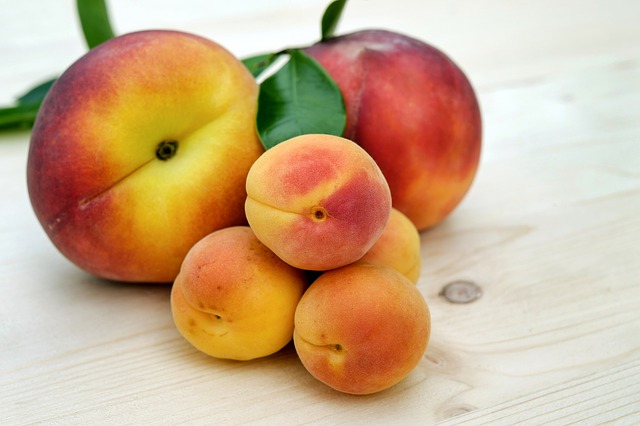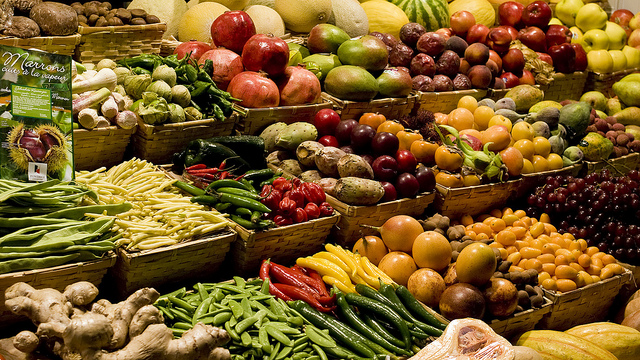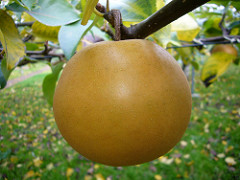The Australian Logistics Council, Australasian Railway Association, Ports Australia and Shipping Australia have joined to call for clarification of how the Biosecurity Levy, announced by the Australian government in the Federal Budget last week, will operate. In particular, how the generated revenue will be spent.
The proposed Biosecurity Import Levy will charge A$10.02 per incoming container and A$1 per tonne of non-containerised cargo, generating an estimated revenue of A$360 million.
Ports Australia chief executive Mike Gallacher said: “Our concern is that this import levy has been announced with almost no engagement with the supply chain and with no plan on how it will be used in the Biosecurity System.
“The complete lack of detail on this ambiguous proposal lends weight to the impression that it is a broad import levy across all goods coming into the country.
“The revenue measure estimates A$360 million over three years. Only A$76.6 million of this is will be spent enhancing Australia’s biosecurity system over the same period.
“That leaves A$283.4 million unaccounted for.
“The Port sector has stringent biosecurity measures and will always continue to leverage our expert capabilities to meet the Australian Government’s objectives on biosecurity.
“Australians use and interact with the supply chain every day, from food to cars, furniture to building materials – it is essential for day to day life. Yet there has been virtually no engagement on this plan for a blanket charge on imported goods moving through the supply chain.”
Shipping industry peak body Shipping Australia Limited’s chief executive Rod Nairn said: “A budget that at its core promises tax cuts for all Australians will simultaneously slug Australians almost A$290 million to import the goods they use every day, with no clear explanation of the biosecurity benefit.
“If A$360 million is needed to protect Australia’s unique environmental assets then there should be a plan detailing precisely what the money is paying for and how the government arrived at the figure.
“This is another example where one sector of the supply chain is being forced to fund something that is not directly related to it. As things stand, this levy currently has no clarity, no plan and no purpose.”
The Australian Logistics Council managing director Michael Kilgariff said: “Measures in the Budget are expected to be accurately costed. There should be no exception for this one.
“Until such details are made clear, a broad charge on every item imported from another country simply cannot be justified. The freight logistics sector should not be used as a ‘cash cow’ to fund unrelated Budget initiatives.
“Not only will everyday consumers be impacted by this measure on containerised goods, but anyone importing non-container goods will pay A$1 a tonne.
“That means a construction business importing 50,000 tonnes of concrete will now have to pay an additional A$50,000. Imagine the impact such a measure will have on infrastructure costs.”
Gallacher concluded: “We look forward to meeting with the Government to discuss and map a sensible and effective way of strengthening Australian biosecurity.”
Related News & Updates
Become a Member
Join AHT
We’re the peak industry body for Australian Horticulture Trade. Joining AHT helps us advocate for you & the greater good of the industry.
Benefits OF joining
- Representing you, monitoring developments and potential threats to imports & exports
- We work on your behalf on solutions & opportunities to facilitate and maintain trade
- Be kept up to date with important issues affecting horticultural imports & exports



